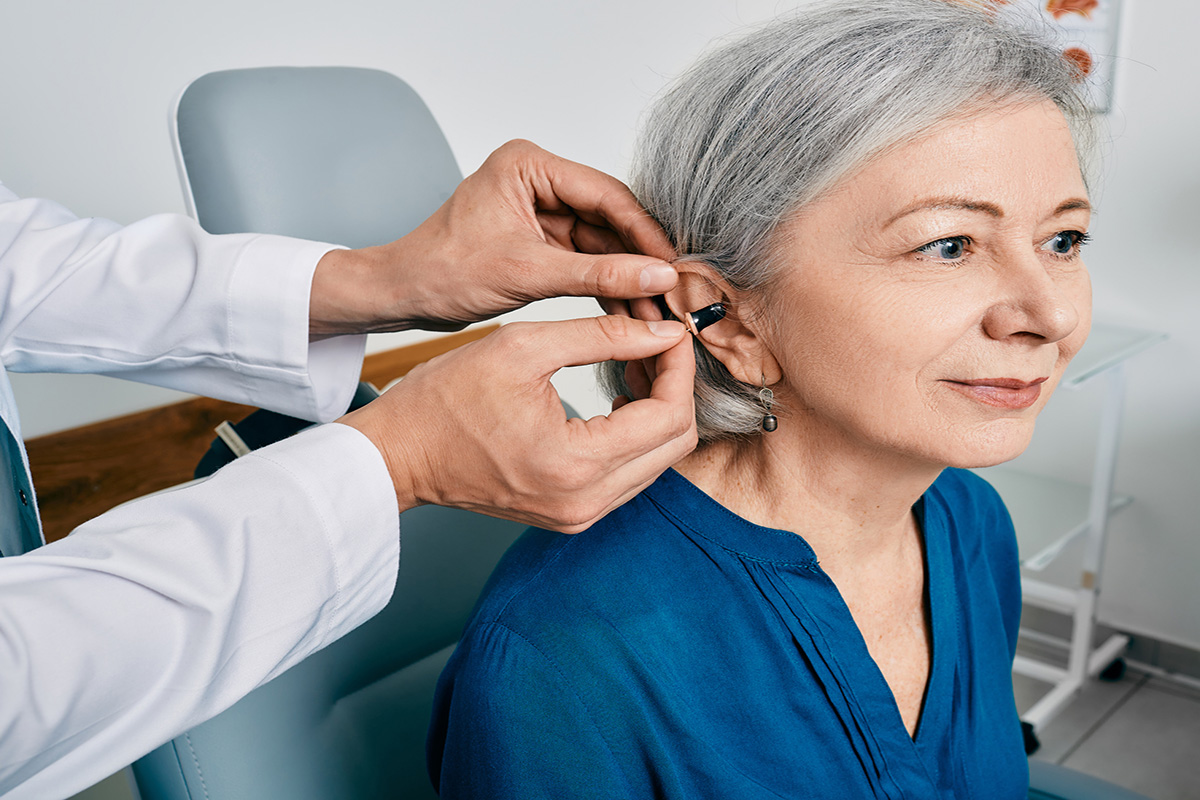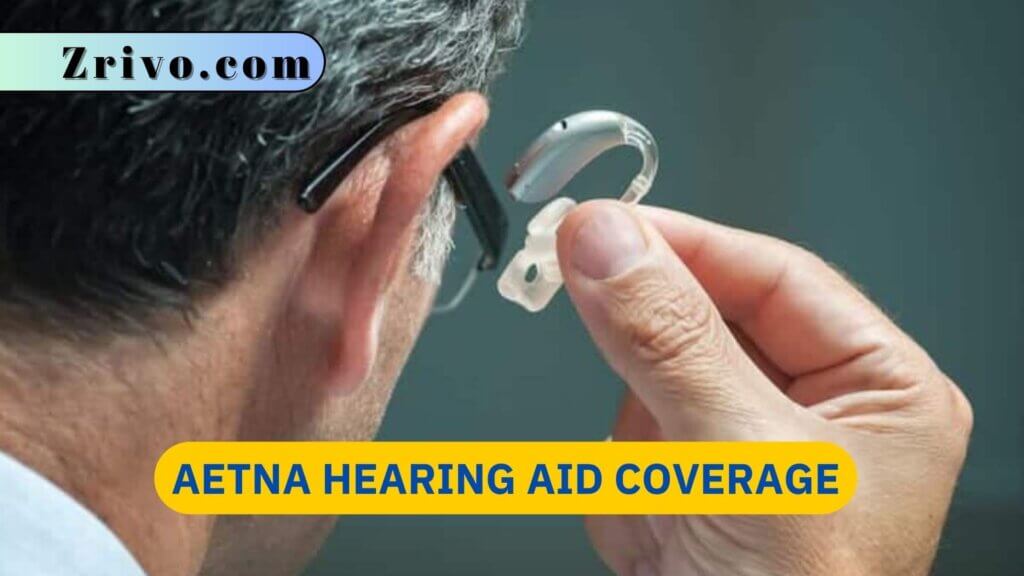https://www.youtube.com/watch?v=
Hearing loss is a common issue that affects millions of people across the United States, often leading to social isolation, depression, and a decrease in overall quality of life. For those enrolled in Aetna Medicare, understanding the coverage options for hearing aids is crucial. This article will explore how Aetna Medicare can help you access the hearing aids you need, the benefits of these devices, and frequently asked questions that will guide you on your journey to better hearing.

aetna medicare and hearing aids
Understanding Aetna Medicare Coverage for Hearing Aids
1. What is Aetna Medicare?
Aetna Medicare is a health insurance provider that offers a variety of plans, including Medicare Advantage, Medicare Supplemental plans, and prescription drug coverage. Aetna provides coverage designed to meet the needs of seniors, offering benefits that often go beyond original Medicare. Understanding the specifics of your Aetna Medicare plan, particularly regarding hearing aids, can empower you to make informed healthcare decisions.

aetna medicare and hearing aids
2. Hearing Aid Benefits Under Aetna Medicare
Hearing aids are considered durable medical equipment in certain Aetna Medicare plans. While original Medicare does not cover hearing aids, many Medicare Advantage plans do. Coverage can vary widely depending on the specific plan you are enrolled in. Most plans may include:
- Financial Assistance: Aetna Medicare often provides assistance for hearing aids, which can alleviate the burden of their cost.
- Routine Hearing Exams: Many plans include annual or biennial hearing examinations, allowing you to monitor your hearing health regularly.
- Device Upgrades: Some plans allow for upgrades or newer models of hearing aids as technology evolves, ensuring you receive the best possible solutions.
3. Finding an In-Network Provider
To maximize your benefits, it is essential to use in-network audiologists and hearing aid providers. Aetna offers a provider directory that helps you find qualified professionals in your area who accept your plan. Regular visits to an in-network provider can ensure that you’re receiving optimal care and that your claims are processed smoothly.
The Importance of Hearing Health
1. Understanding Hearing Loss
Hearing loss can occur gradually and often goes unnoticed until it significantly impacts daily life. It may result from age, noise exposure, or certain medical conditions. Recognizing the signs early and seeking treatment is essential to prevent further deterioration of your hearing health.
2. Impact on Quality of Life
Hearing loss can lead to numerous challenges, including difficulties in communication, social isolation, and a higher risk of cognitive decline. With the right intervention, such as hearing aids, many individuals experience improved auditory perception, leading to a richer and more fulfilling lifestyle.
3. Connecting with Others
Using hearing aids can enhance your ability to engage in conversations, participate in social events, and enjoy sounds you may have missed. This improved connectivity can significantly reduce feelings of loneliness and encourage a more active social life.
Choosing the Right Hearing Aid
1. Consultation with an Audiologist
Selecting the appropriate hearing aid requires a thorough evaluation by an audiologist. During your visit, the audiologist will assess your hearing loss, consider your lifestyle and preferences, and recommend devices suited specifically to your needs.
2. Types of Hearing Aids
There are several types of hearing aids available on the market, including:
- Behind-the-Ear (BTE): These are the most commonly used hearing aids, fitting comfortably behind the ear.
- In-the-Ear (ITE): Custom-made to fit the ear canal, these devices are less visible and often more comfortable for prolonged use.
- Receiver-in-Canal (RIC): These combine features of BTE and ITE designs, offering a discreet option with enhanced sound quality.
- Cochlear Implants: For those with severe hearing loss, cochlear implants may be an option, though they are not typically covered by all Aetna Medicare plans.
3. Adjustability and Features
Modern hearing aids come equipped with advanced technology that may include:
- Bluetooth Connectivity: For streaming music and phone calls directly to your hearing aids.
- Noise Reduction Features: To enhance hearing in noisy environments.
- Rechargeable Batteries: For added convenience.
Your audiologist can help you navigate these options to find the perfect fit for your lifestyle and hearing needs.
Navigating the Aetna Medicare Process for Hearing Aids
1. Steps to Obtain Hearing Aids
- Schedule an Appointment: Begin by scheduling a hearing exam with an audiologist. Ensure that they participate in your Aetna Medicare plan network.
- Obtain a Prescription: After your evaluation, the audiologist will provide a prescription for the hearing aids you require.
- Submit Claims: Depending on your plan, you may need to file a claim with Aetna for the cost of the hearing aids or related services. Keep accurate records of all paperwork.
2. Covered Services and Costs
While Aetna Medicare covers a range of hearing aids and related services, it’s essential to understand your plan’s specifics. Be sure to consult your benefits booklet or reach out to Aetna’s customer service for detailed information about coverage limits, out-of-pocket expenses, and co-payments.
3. Regular Follow-Up Care
Follow-up visits with your audiologist are crucial for ensuring your hearing aids are functioning optimally and that your hearing is being effectively managed. Your provider may adjust your settings to enhance performance, allowing for a personalized auditory experience.
https://www.youtube.com/watch?v=
Frequently Asked Questions (FAQs)
1. Does Aetna Medicare cover hearing aids?
Yes, many Aetna Medicare Advantage plans provide coverage for hearing aids, but the specifics can vary by plan. It’s essential to review your benefits or speak to a customer service representative to understand your coverage.
2. How often can I get my hearing assessed?
Most Aetna Medicare plans allow for a routine hearing exam once a year. This ensures that any changes in your hearing can be addressed in a timely manner.
3. Can I try a hearing aid before purchasing?
Some providers may offer a trial period for hearing aids, allowing you to test them before making a final decision. Be sure to inquire about this option during your appointment.
4. What should I do if my hearing aid isn’t working?
If your hearing aid is malfunctioning, contact your provider for assistance. They can determine whether it requires repairing, adjusting, or replacing.
5. Are there additional costs not covered by Aetna Medicare?
While there are many hearing services covered under Aetna Medicare, some costs, like batteries or non-network providers, may not be covered. Always verify benefits before receiving services.
6. How do I choose the right hearing aid?
Choosing the right hearing aid involves consulting with an audiologist. They will assess your hearing needs, preferences, and lifestyle to recommend the best options.
7. What are the benefits of Bluetooth-enabled hearing aids?
Bluetooth-enabled hearing aids offer the convenience of streaming audio directly from devices, enhancing the listening experience in various settings, including during phone calls or while watching TV.
8. Are hearing aids adjustable?
Yes, most modern hearing aids are highly adjustable, providing users with customization options for their specific listening environments and preferences.
Conclusion: Embracing Better Hearing with Aetna Medicare
Aetna Medicare’s focus on hearing health and accessibility to quality hearing aids can profoundly impact your quality of life. By understanding your coverage options, actively managing your hearing health, and pursuing the right hearing devices, you can enhance your auditory experience and strengthen your connections with the world around you. Remember, taking the first step towards better hearing can lead to newfound joy and engagement in life’s many moments. Always consult with healthcare professionals and your Aetna Medicare plan to navigate the best options available for your hearing needs.